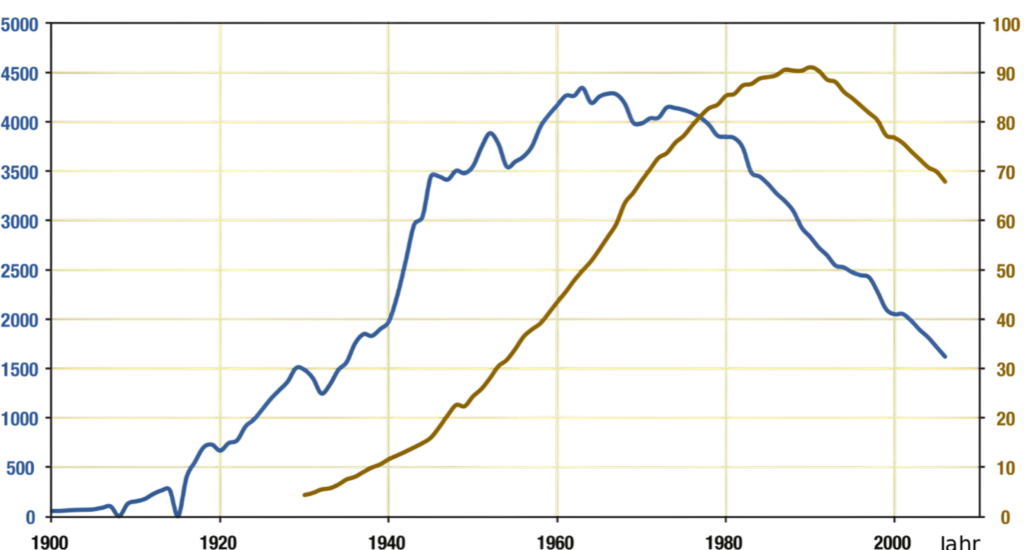August 1st is World Lung Cancer Day. Like most special days, World Lung Cancer Day is a recent addition to the calendar; the first was in 2012. Unlike the topics of many special days – for example, World Kitten Day (July 10th, sorry we missed it) – lung cancer is a relatively new phenomenon in the world (we’ve had kittens since at least Ancient Egypt) and World Lung Cancer Day would have made no sense before the 20th century. Why? Because the vast majority (at least 80%) of lung cancers are caused by cigarettes, and the cigarette rolling machine wasn’t invented until the late 19th century. The only other major contender as a cause of lung cancer is asbestos, now largely banned. If only we could ban cigarettes, right?
Before the invention of the cigarette, lung cancer was so rare that when a doctor discovered a case, they would make an effort to bring in other physicians and medical students so they could see it because most were unlikely to ever see a case again in their careers. You don’t need to be great at interpreting graphs (see below) to see the correlation between cigarettes and lung cancer.
Relationship between cigarette consumption per person (blue) and male lung cancer rates (dark yellow) in the US. AACR Cancer Progress Report 2012.
Today, lung cancer is by far the leading type of cancer death in the U.S., beating out the #2 cause (colorectal) and the #3 cause (pancreatic) combined.
Over the past decade, governments have begun planning and implementing cancer “moonshots” which aim to dramatically reduce the incidence and mortality from cancer, including in the U.S., where the goal is to reduce the cancer death rate by half within 25 years (or by 2047). If we were to get rid of cigarettes (which are a cause of 30% of total cancer deaths, not just lung cancer), that goal is not only feasible but likely. If we don’t, failure is virtually inevitable.
Fortunately, the Biden Administration seems to recognize this, at least to a degree. The Department of Health and Human Services has drafted a Framework to Support and Accelerate Smoking Cessation as a part of the cancer moonshot. Most people who smoke want to quit, and we have every reason to help them as much as possible.









